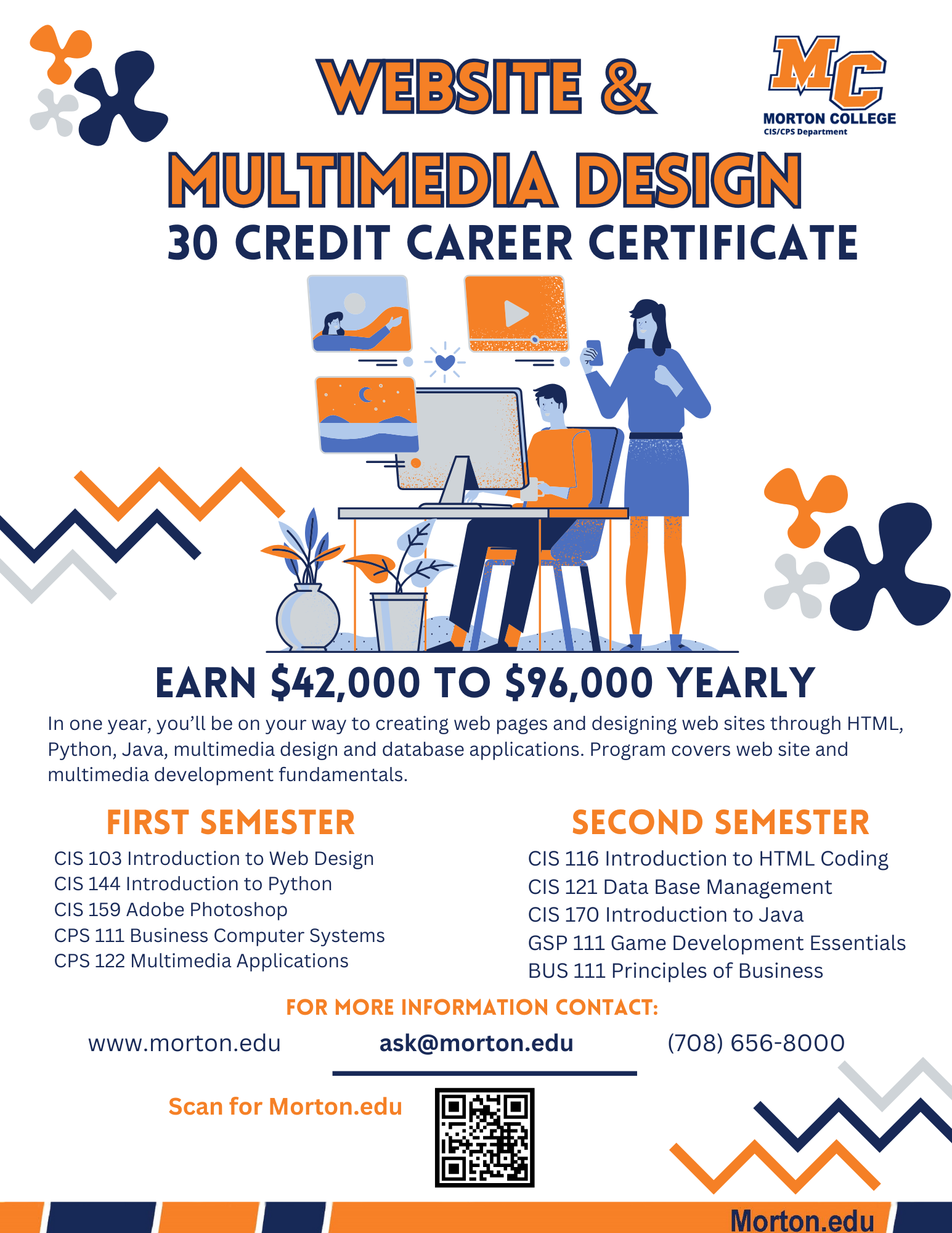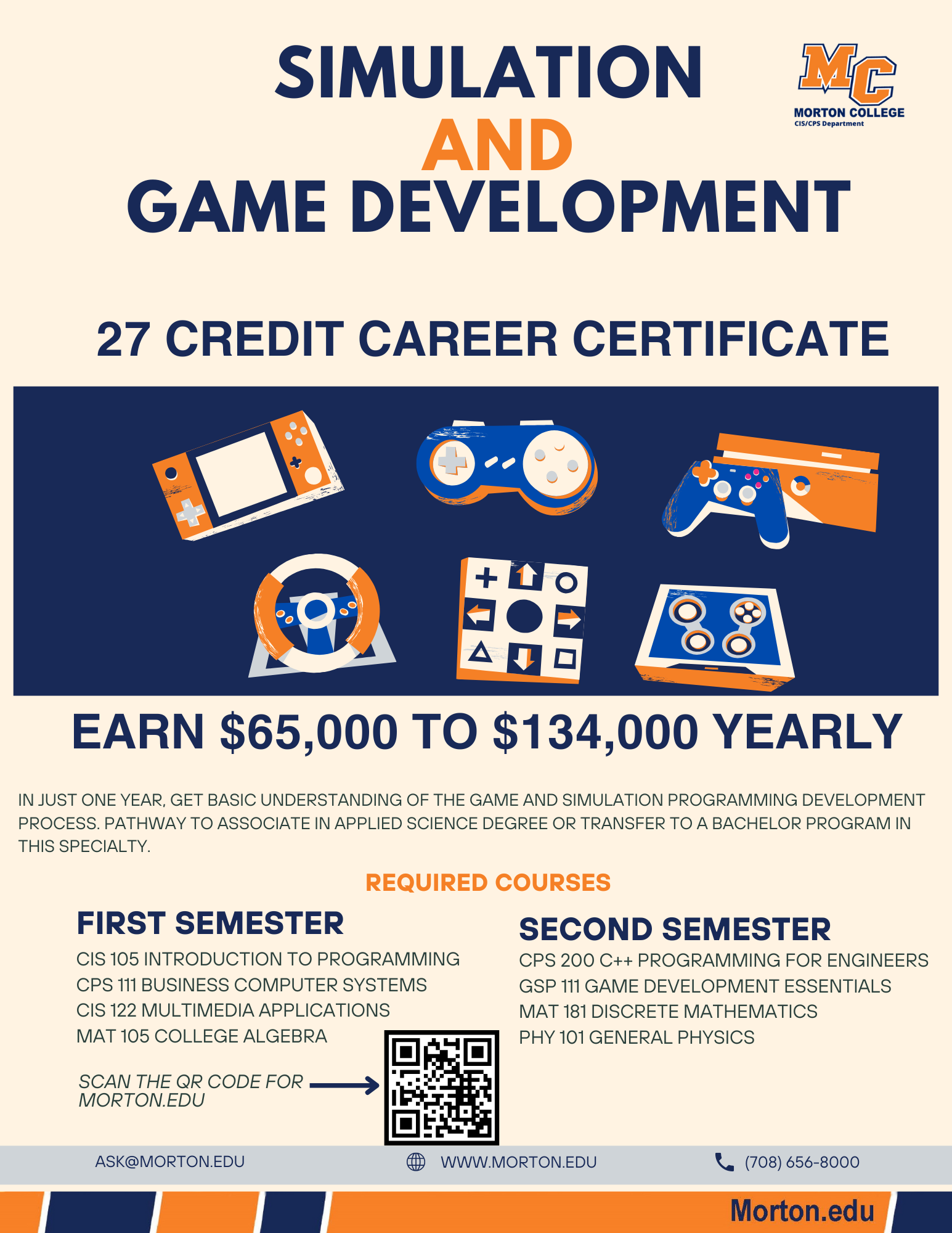Are you wrestling with the decision of whether to pursue a career certificate or stick with traditional college applications? It’s a dilemma many face, and it’s crucial to make the right choice for your future.
With the rising costs of college education and the ever-evolving job market, understanding the value of career certificates can be a game-changer. Imagine being able to quickly gain the skills employers are actively seeking, potentially bypassing years of study and student debt.
Your time and resources are precious, and knowing how to leverage them could set you on a path to success. We’ll unravel the truth about career certificates, weigh their benefits against conventional degrees, and help you decide which path might be the golden ticket for your unique aspirations. Ready to discover if this could be the shortcut to your dream career? Let’s dive in and explore together.
The Rise Of Career Certificates
In recent years, career certificates have grown in popularity. They offer an alternative to traditional college degrees. Many students are choosing this path. They see it as a faster way to start a career. But why have career certificates become so popular?
The Growth Of Online Learning Platforms
Online learning platforms have made career certificates accessible. Many platforms offer courses in various fields. Students can learn at their own pace. This flexibility appeals to many people. It allows them to balance work and study.
Focus On Practical Skills
Career certificates emphasize practical skills. Courses are designed to meet industry needs. They focus on real-world applications. Students learn what employers seek. This focus makes them job-ready quickly.
Cost-effective Education
College tuition fees are high. Career certificates are often more affordable. They provide a cheaper option for career advancement. Students can avoid large student loans. This cost-effectiveness is a big draw.
Shorter Time To Completion
Traditional degrees take years to complete. Career certificates can be earned in months. This short duration attracts those eager to enter the workforce. It is ideal for those wanting to change careers quickly.
Meeting Workforce Demands
Industries are evolving rapidly. They need skilled workers to fill new roles. Career certificates adapt to these changes. They offer courses in emerging fields. This adaptability meets the demands of modern workplaces.

Credit: www.morton.edu
Comparing Career Certificates And College Degrees
In today’s dynamic job market, the decision between pursuing a career certificate or a college degree can significantly impact your future. Both paths offer unique advantages and challenges, making it crucial to understand how they compare. Your career ambitions, financial situation, and time availability will influence your choice. Let’s delve into the specifics and compare these two options.
Cost Differences
One of the most striking differences between career certificates and college degrees is the cost. Generally, career certificates are much more affordable than college degrees. They often require fewer resources and time, resulting in lower tuition fees.
For instance, a career certificate might cost a few thousand dollars, whereas a four-year college degree can exceed tens of thousands. Consider your budget constraints and future financial goals when evaluating these options.
Time Investment
Time is another crucial factor that differentiates career certificates from college degrees. Career certificates are designed to be completed quickly, often within months, providing you with skills to enter the workforce sooner.
In contrast, a college degree typically requires four years or more. If you are eager to start working and earning, a career certificate might be your fast track to employment. However, if you value a comprehensive education, the longer time investment of a degree could be worthwhile.
Career Opportunities
Both career certificates and college degrees open doors to various career opportunities, but they do so differently. Certificates focus on specific skills, often tailored to industry needs, which can lead to immediate job placements.
College degrees offer broader education, potentially leading to more diverse career paths and higher earning potential over time. Ask yourself what type of career you envision and which educational path aligns better with your aspirations.
Ultimately, the choice between a career certificate and a college degree should reflect your personal goals, priorities, and circumstances. Which option aligns with your future plans?
Benefits Of Career Certificates
Career certificates boost college applications by showcasing specialized skills. They demonstrate commitment and enhance employability. These certificates also provide practical experience, making candidates stand out.
Career certificates have emerged as valuable assets in college applications. These certifications offer several advantages that can enhance a student’s profile. They are designed to focus on specific skills, provide industry recognition, and offer flexibility and accessibility. These benefits make career certificates a compelling choice for students seeking to strengthen their college applications.Skill-focused Learning
Career certificates concentrate on practical skills relevant to specific industries. Students gain targeted knowledge that directly applies to real-world tasks. This approach helps learners acquire competencies that are in demand. The focused learning path minimizes distractions and accelerates skill acquisition. It prepares students for immediate challenges and increases their employability.Industry Recognition
Certificates are often recognized and respected by industry leaders. They demonstrate a commitment to learning and mastering key skills. Many employers view these certifications as evidence of expertise. Holding a career certificate can be a powerful addition to a resume. It can differentiate applicants from others who lack specialized credentials.Flexibility And Accessibility
Career certificates offer flexible learning options. Many programs are available online, allowing students to learn at their own pace. This flexibility is ideal for those juggling multiple commitments. Accessibility is enhanced through affordable pricing and diverse offerings. Students can choose certificates that align with their interests and career goals. This adaptability makes career certificates a practical choice for many learners.
Credit: www.morton.edu
Challenges And Limitations
Balancing career certificates with college applications presents challenges. They may not fully replace traditional degrees’ prestige. Certificates can support skills but often lack recognition, limiting their impact on college admissions.
Career certificates offer fast pathways to specific skills. They come with distinct challenges and limitations. Understanding these helps in making informed choices. Some challenges stem from perceptions by employers, limited networking opportunities, and a lack of broad educational experience.Perception By Employers
Employers may value traditional degrees more than certificates. Degrees often signal comprehensive learning. Certificates focus on specific skills. This can limit their perceived value. Employers might question the depth of knowledge. They may prefer candidates with broader backgrounds.Limited Network Opportunities
Colleges offer vast networking chances. Career certificates might not. Networking helps in job searches. It connects you to industry professionals. Limited networking can hinder career growth. Certificates may not provide these vital connections.Lack Of Broad Educational Experience
Career certificates focus on specific skills. They lack broad educational content. College degrees cover diverse subjects. This broad knowledge can enhance problem-solving skills. It encourages critical thinking. Certificates may not provide this depth.When To Choose Career Certificates
Deciding between career certificates and a college degree can be tough. Career certificates offer focused training. They suit those with clear career goals. This path is often quicker than traditional college. It’s ideal for those seeking specific skills.
Specific Career Goals
Career certificates align with defined career paths. They provide targeted training. For roles like IT support or digital marketing, certificates are valuable. They cover essential knowledge needed for specific jobs. Many industries recognize these programs. They see them as proof of readiness.
Need For Quick Entry Into Workforce
Some need to enter the job market quickly. Career certificates can help with that. Programs are usually short. Some finish in months. This allows faster entry into the workforce. Those who can’t spend years in college find this appealing.
Desire For Specialized Skills
Some seek specialized skills not offered in college courses. Career certificates focus on practical skills. They provide hands-on experience. This is crucial for careers needing specific expertise. Many employers value such targeted knowledge.

Credit: medium.com
Future Trends In Career Education
Career education is changing fast. As the job market evolves, so do the ways we prepare for it. Career certificates are gaining attention. They offer a quick path to skills. But are they worth it for college apps? Let’s explore future trends in career education.
Integration With Traditional Education
Many schools now mix career certificates with regular courses. Students can earn certificates and degrees together. This approach offers more options. It allows students to gain practical skills. They can also meet traditional academic goals. Schools create programs that include both types of learning. This helps students prepare for varied career paths.
Growth In Online Platforms
Online learning platforms are growing. They offer career certificates in many fields. These platforms are flexible. They allow learning at your own pace. Many offer courses from top universities. Students can access quality education from anywhere. This trend helps more people gain new skills. It is cost-effective and convenient.
Evolving Employer Preferences
Employers are changing what they look for. Many value skills over degrees now. Career certificates show specific skills. They signal readiness for certain jobs. This trend benefits students with certificates. Employers often seek candidates with practical knowledge. Certificates provide evidence of specialized skills.
Frequently Asked Questions
Do Certifications Look Good On College Applications?
Certifications enhance college applications by showcasing skills, dedication, and expertise. They highlight your commitment to learning and personal growth. Admissions officers appreciate applicants with diverse achievements. Certifications can set you apart from other candidates. Ensure they are relevant to your intended field of study.
Is It Worth Getting A Certificate In College?
A college certificate can boost your career prospects and enhance skills. It often leads to better job opportunities and higher salaries. Industry-specific certifications can make you stand out in competitive job markets. Evaluate your career goals and industry needs to determine if it’s worth pursuing.
Does Getting A Certificate Count As Completing College?
A certificate does not equate to completing college. College completion usually requires a degree, like an associate or bachelor’s. Certificates often signify skill specialization or course completion, not a full degree. Always verify with the institution regarding their specific requirements for college completion.
Does Working A Job Look Good On College Apps?
Yes, working a job enhances college applications. It shows responsibility, time management, and real-world experience. Admissions value practical skills alongside academics. Balancing work and studies demonstrates dedication and resilience. Employers often appreciate these qualities, making applicants stand out. Highlight work achievements in applications for a competitive edge.
Conclusion
Career certificates can enhance your college applications. They show commitment and skills. Employers value practical experience. Certificates add credibility. They complement academic achievements. Consider your career goals. Certificates may help you stand out. They offer specialized knowledge. Easy to acquire online.
Affordable compared to degrees. Time-efficient learning. Certificates can fill skill gaps. They demonstrate willingness to learn. Think about your interests. Explore certificate programs. Balance them with academic pursuits. Choose wisely. Make informed decisions. Career certificates can be worthwhile. Evaluate their impact on your future.
Pursue paths that align with your ambitions.
